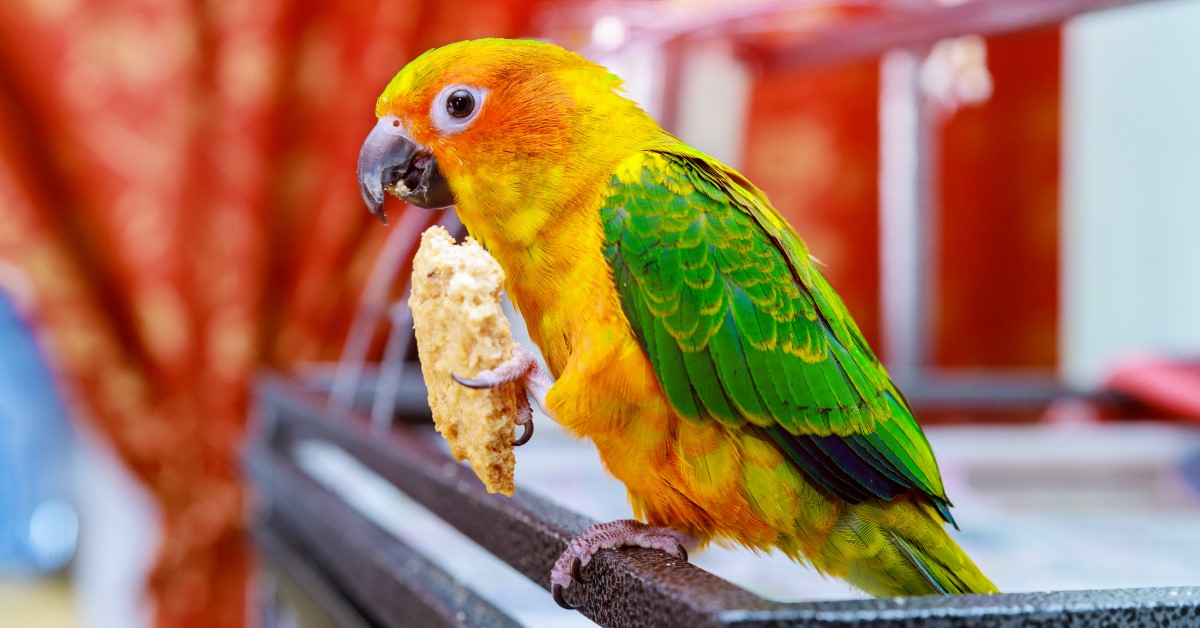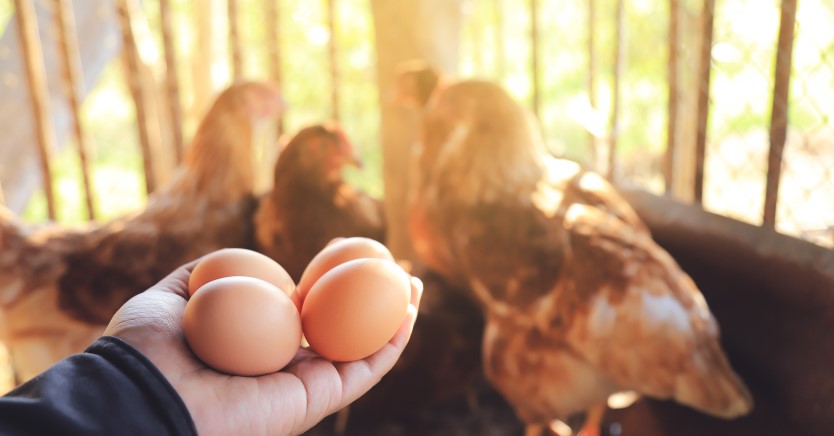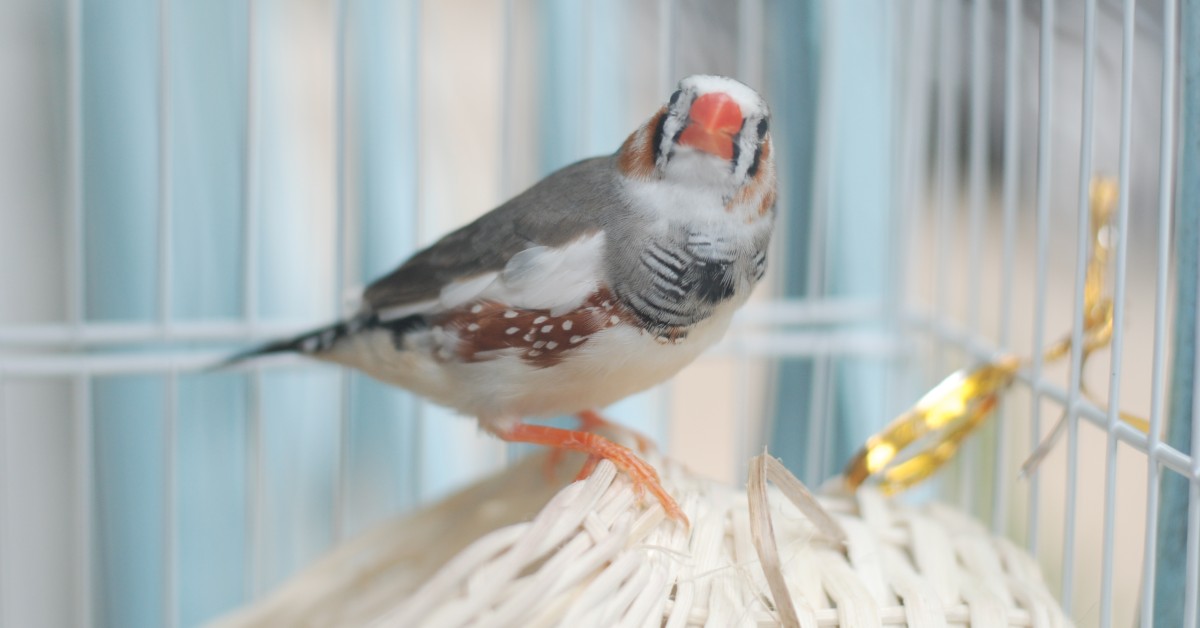Best Care and Diet for Your Pet Conure
Conures thrive under proper care and nutrition. Here are some tips and tricks to keep your Conure in good health!

Birds can make wonderful pets and companions, and that is especially true of conure parrots. They are humorous, engaging, and delight in interacting with their humans. Would you believe there are 40 species of them? However, of those 40, a much smaller number become pets.
Four conure species are the most popular as pets, and these are:
- Blue-crowned conure
- Green-cheeked conure
- Jenday conure
- Sun conure
If you’ve never owned a pet bird, in particular a conure, here are some things you can expect from your new friend.
- It may take a few weeks after you get him home to become comfortable with you.
- Eventually he will act affectionate and cuddle with you.
- He would prefer a cage all to himself.
- He loves his toys, but each bird will have a different preference as to his favorite kind of toys.
- He will call to you if you are not in the same room with him.
- He is fun, fun, fun!
Note: There is one thing you need to be aware of about conures. Especially when they are young, they like to bite, and they can bite hard. There are things you can do to train your bird not to bite, and he will mostly outgrow it as he gets older.
The Cage
Your conure needs a cage that is big enough for him to be able to flap his wings freely and have ample room to move around. The slats also need to be small enough so he can’t stick his head through. These dimensions work well for one bird: 36” x 24” x 24”. The space between the slats should be no more than ¾ inches.
It’s important to provide him with several perches, a water bowl, and a food dish. These last two should come with any cage you purchase.
When you set up his cage, place the perches at different levels so he can move around the cage. Also, line the bottom tray with newspaper.
Be sure to scrub the cage at least once a week and replace the newspaper several times a week.
Where to Put the Cage
There are a few things to consider here. First, you want to make sure the cage is up off the floor. Many cages have stands that either come with them or that you can buy separately. Conures also like to be where the action is, so place the cage in a room where the family spends a lot of time. Also, don’t place the cage next to a window, especially in the wintertime.
Diet
Conures require special foods to stay healthy. Birds do enjoy seeds and nuts, but they should only be fed in small quantities or as a treat because they can have negative health consequences later. Good quality pellets, fruits, berries, and many vegetables will ensure your conure is getting balanced nutrition. Don’t ever give him avocado, coffee, or chocolate as they are poisonous for conures.
Conures are known for wanting to eat whatever you eat, so be careful what’s on your plate when he’s sitting on your shoulder.
One additional thing to keep in mind, they get bored and need a diet with some variety.
Water
Your conure always needs clean, fresh water in his water bowl. Make sure there is no chlorine in the water. Some conures like to bathe in their water bowl, or put some of their food in it, so it’s a good idea to wash your bird’s water bowl daily.
Keeping to a Schedule
As do most creatures, conures thrive by living on a set schedule. Morning is a good time to fill both their food and water bowls. Try to do this at the same time every day. Actually, if you are late, your conure will “tell” you, it’s time!
Conures require 10 to 12 hours of sleep in the dark every night, and it’s important to put him to bed at approximately the same times. If you don’t have a room that can be almost completely dark, then purchase some black-out curtains. Some people purchase a second cage for sleeping, devoid of toys, as a quiet and peaceful refuge for their bird.
Bath Time
Every bird is different about its bath. Some birds love to go in the shower with you and flutter about, others like to take a swim in their water bowl, and others prefer to have you spray them with a water bottle. One thing is for sure, you do not need to give your bird a bath like you would a pet dog.
Signs of a Healthy Conure
If your conure eats and drinks normally, makes his usual unusual noises, remains active, looks groomed, and enjoys socializing with you, he has all the signs of a healthy bird.
Wing Clipping
One additional point here, and that is his need for grooming. His nails should be trimmed every few months by a qualified veterinarian. Whether or not to have his wings clipped is a matter of choice, and there are many conflicting opinions about it. Some people feel keeping the wings clipped makes your bird dependent on you and therefore more compliant. Others feel it is cruel, and even dangerous, since the bird will not have his natural defense mechanism intact.
Health Concerns
Not all vets treat birds, and not every city or town has an avian vet, so even before you get your conure, explore to find the nearest one. This way, if your bird does need to see the vet and it is an emergency, you will know where to go and how to get there.
If your bird shows any of the following signs, you need to take him to your avian vet:
- Fluffed and ragged-looking feathers
- Stays on the bottom of the cage instead of sitting on a perch.
- Coughing
- Diarrhea
- Sneezing
- Feather-plucking and resulting bald spots
- No appetite
- Acts depressed
Conures make wonderful pets who will bond with you and want to be with you all the time. In fact, they need you to play with them, teach them new things, and even dance with them!
Ready to start saving money on pet wellness care?
Then take a look at Mint Wellness, the pet wellness plan that provides fast reimbursement on routine pet care. Save on vaccinations, wellness exams, preventatives, dental, and more!
Learn More


